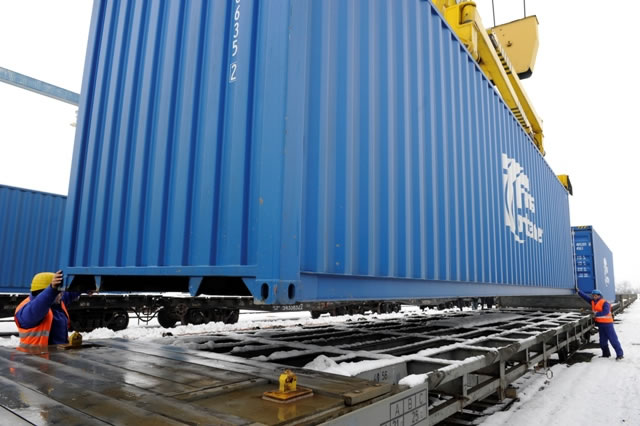The Commission announces an investment programme worth over €10 billion for low-carbon technologies in several sectors to boost their global competitiveness.
EU innovative climate action, as announced, has a range of benefits for the health and prosperity of Europeans with an immediate, tangible impact on people’s lives – from the creation of local green jobs and growth, to energy-efficient homes with a reduced energy bill, cleaner air, more efficient public transport systems in cities, and secure supplies of energy and other resources.
Commissioner for Climate Action and Energy Miguel Arias Cañete said: “Less than three months after adopting our strategic vision for a climate neutral Europe by 2050, we are putting the money where the mouth is. Our objective is to keep building a modern, competitive and socially fair Paris-aligned economy for all Europeans.
For this to happen, we will need deployment of clean innovative technologies on an industrial scale. This is why we are investing in bringing to the market highly innovative technologies in energy intensive industries, in carbon capture, storage and use, in the renewable energy sector and in energy storage.
We are today unleashing technological solutions in all Member States and pressing the fast-forward button in our transition to a modern and climate-neutral society in Europe.”
The Commission wants to ensure that Europe continues to be at the top of the league as regards new high-value patents for clean energy technologies. This leadership provides a global competitive advantage, allowing Europe to harvest first mover benefits by increasing exports of European sustainable products and sustainable technology and business models.
On 28 November 2018, the European Commission adopted a strategic long-term vision for a prosperous, modern, competitive and climate neutral economy by 2050 – A Clean Planet for all.
The strategy shows how Europe can lead the way to climate neutrality while preserving the competitiveness of its industries by investing into realistic technological solutions.
This transition also requires further scaling-up of technological innovations in energy, buildings, transport, industry and agriculture sectors.
Next stepsThe Commission aims to launch the first call for proposals under the Innovation Fund already in 2020, followed by regular calls until 2030.






















































